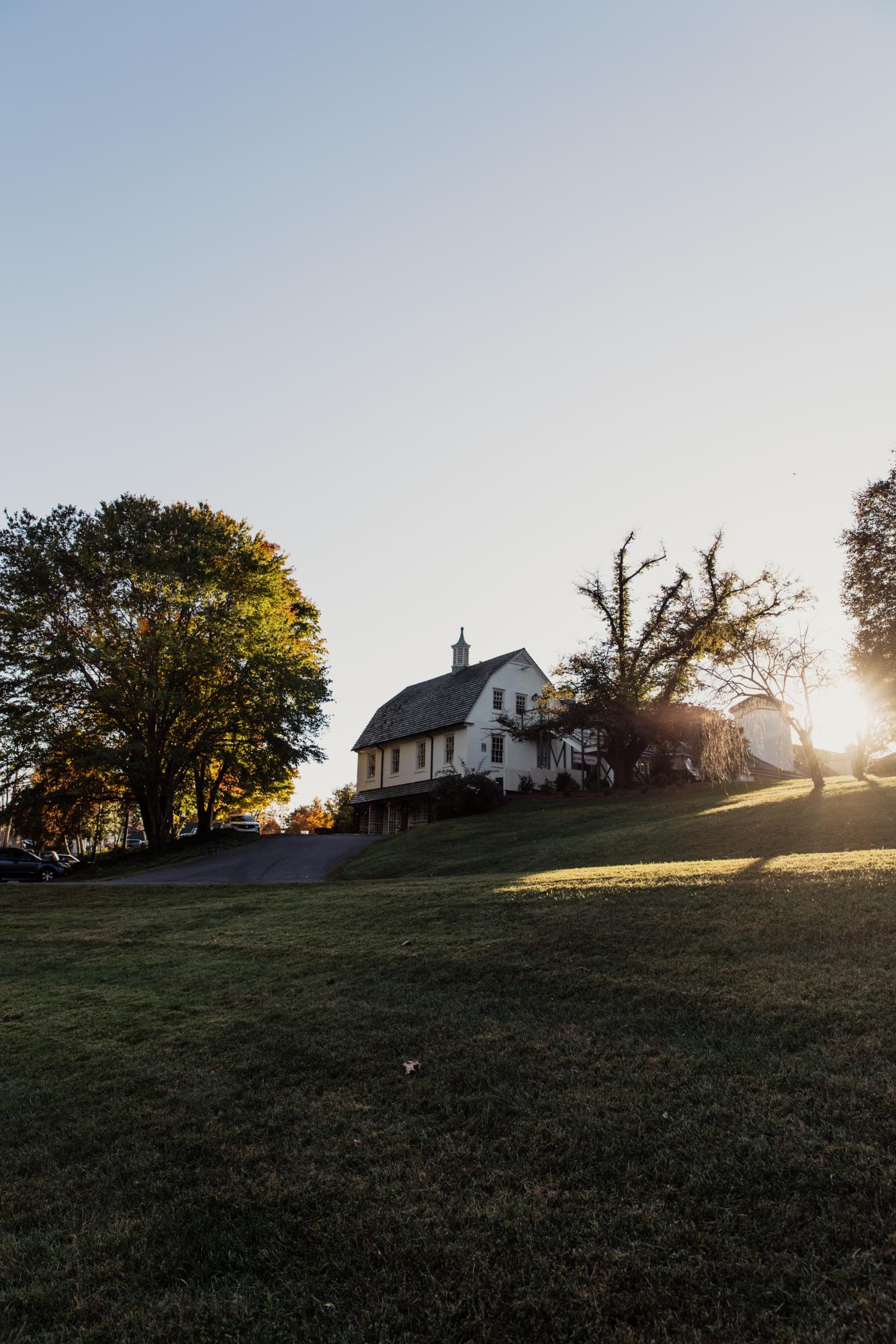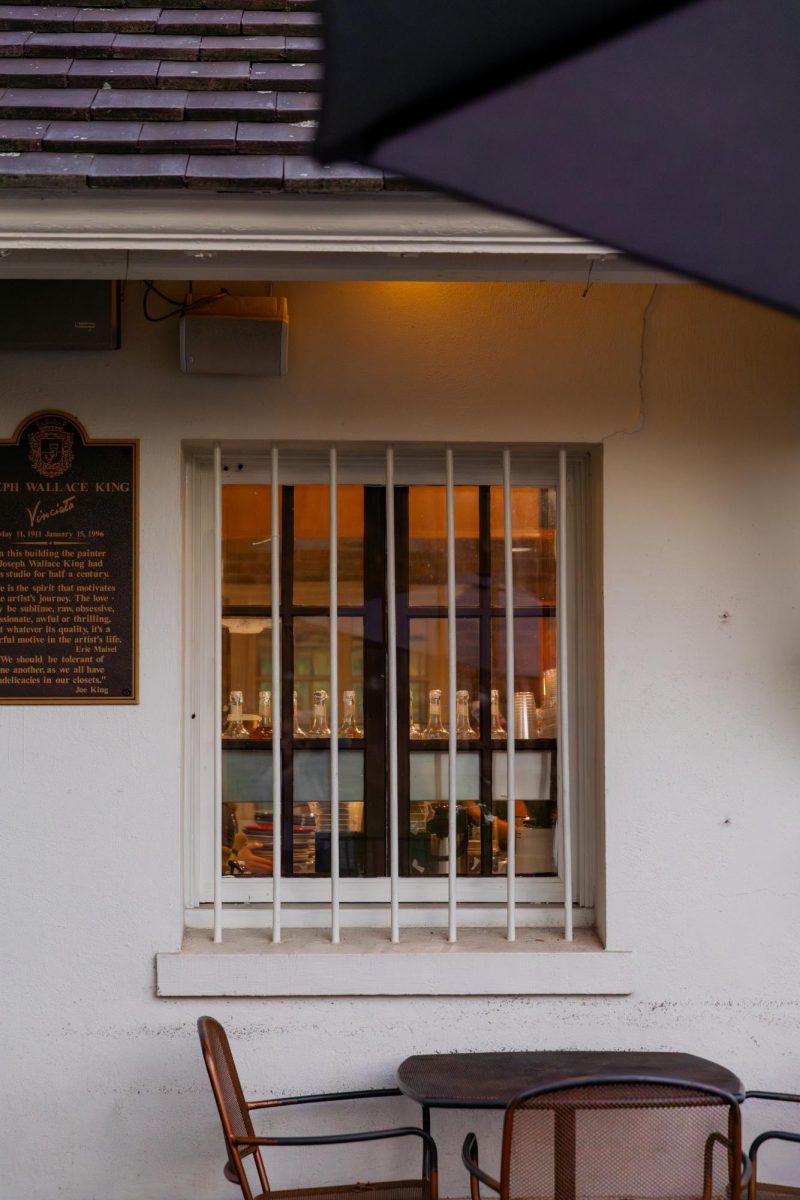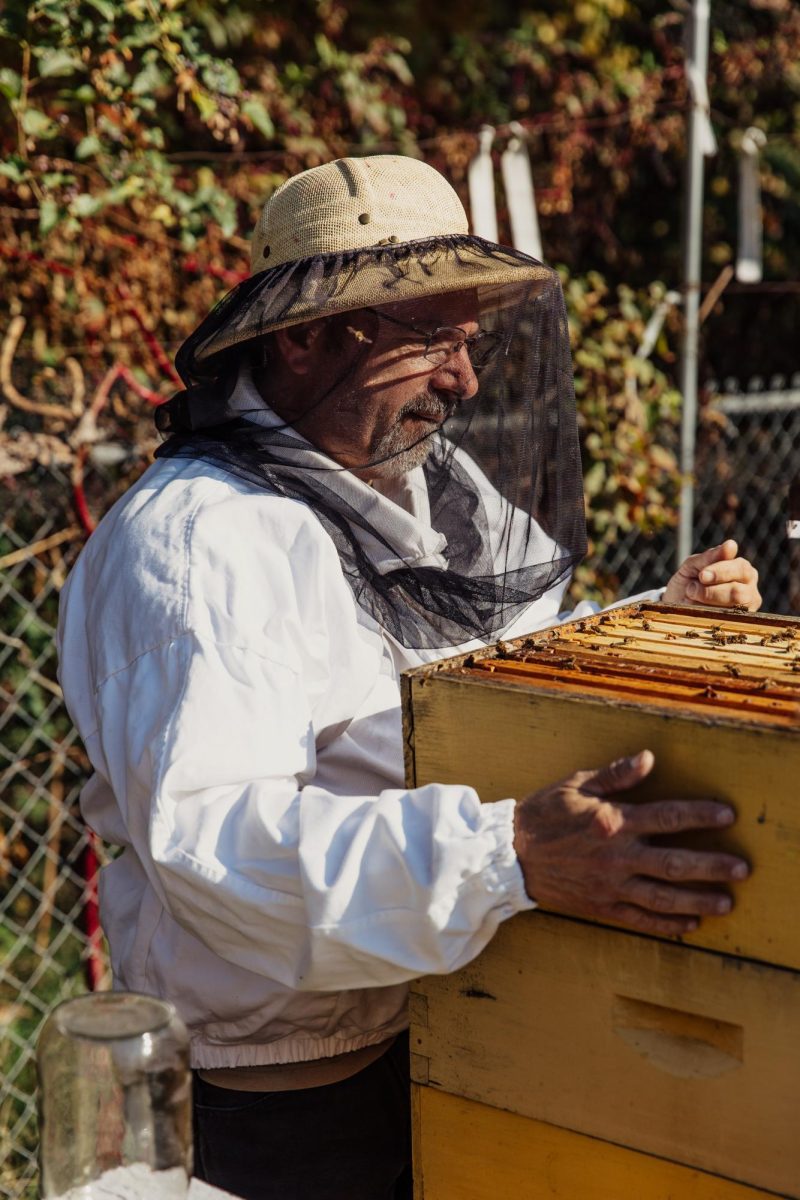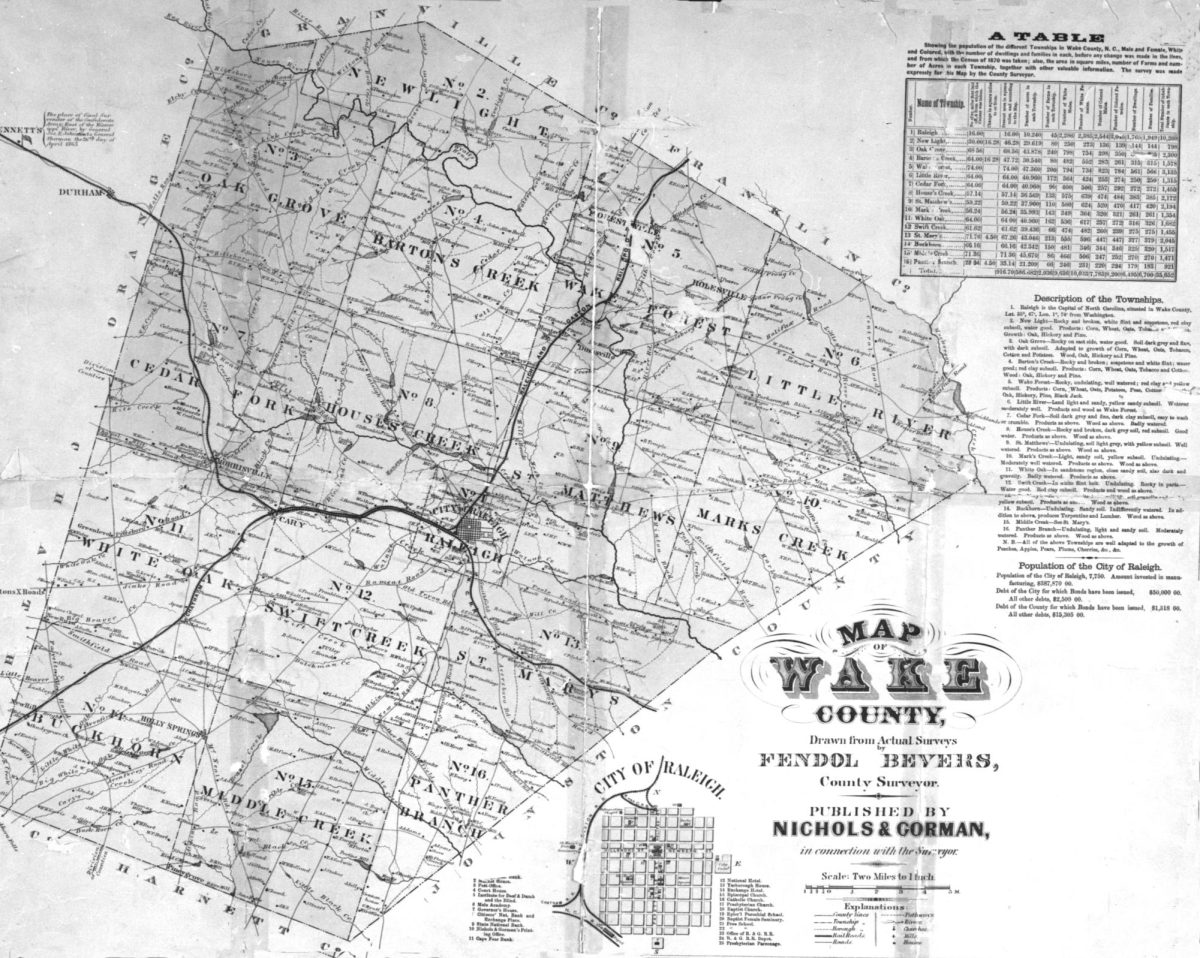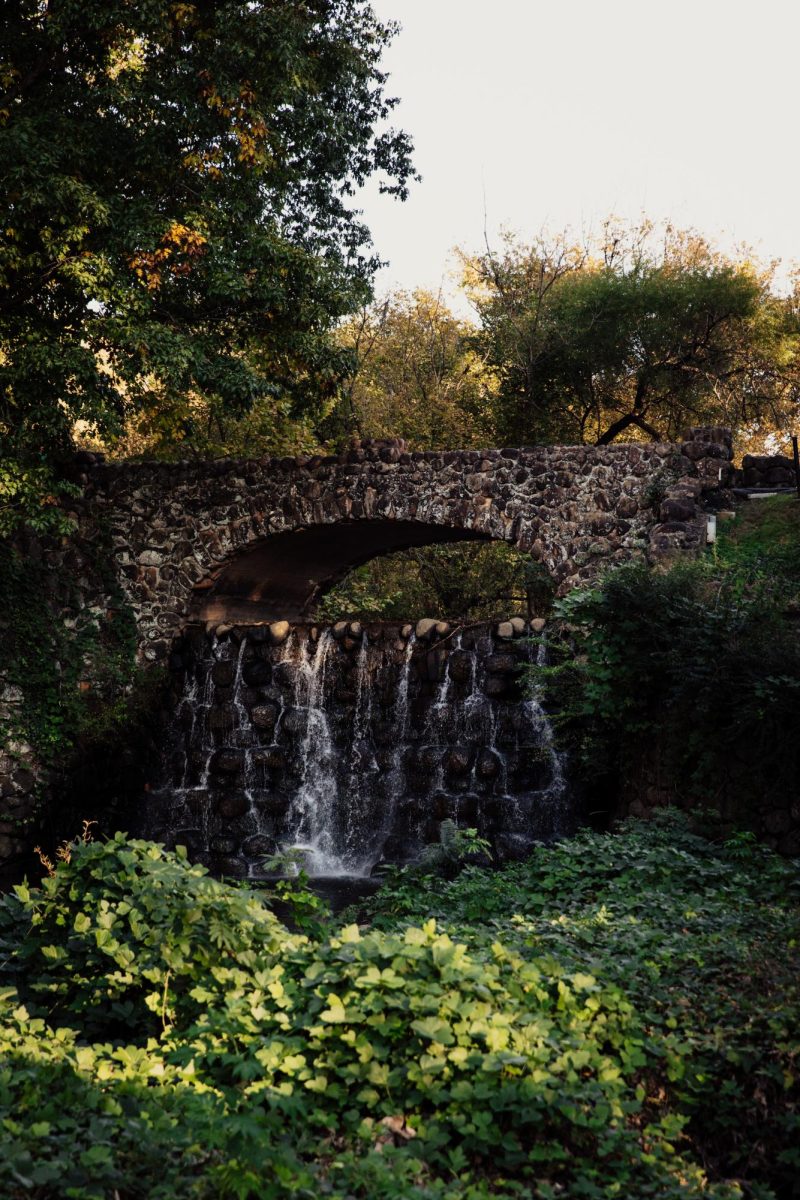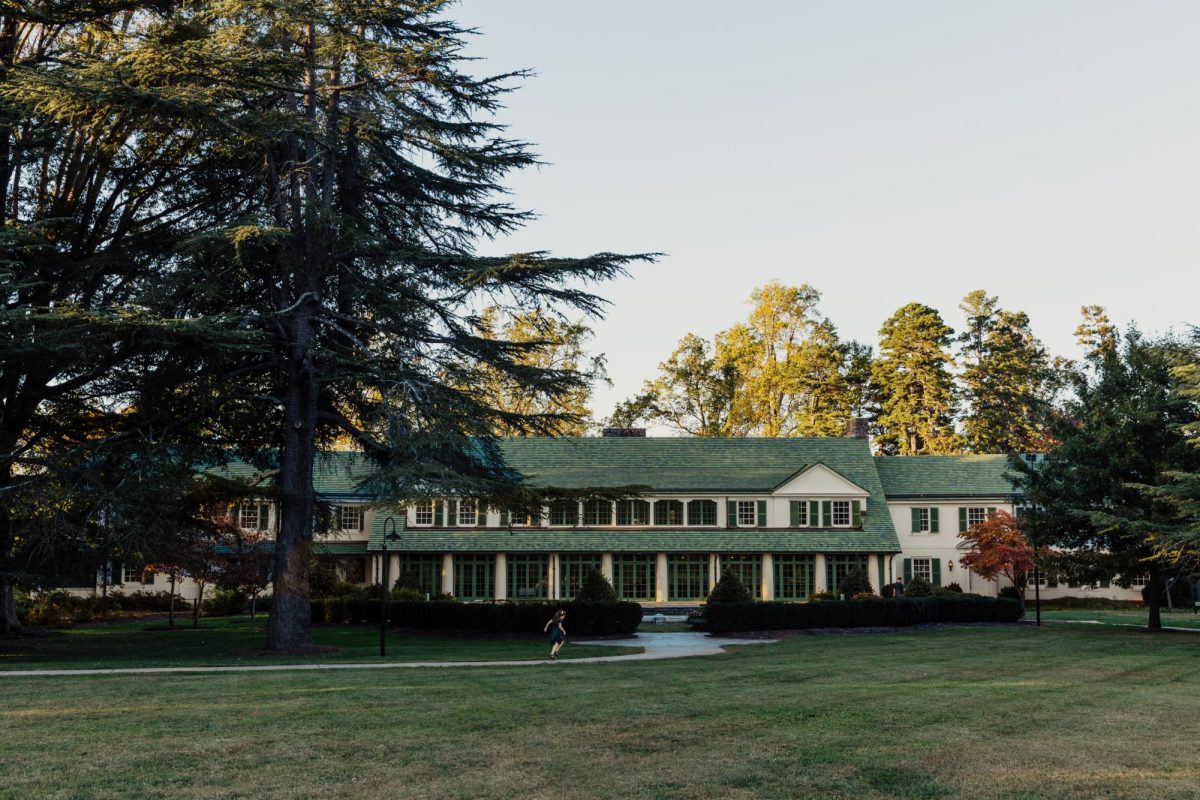When Janie Bass left her position at Redeemer School in 2020, her friends and colleagues told her she was crazy. But ever since she arrived in Winston-Salem from rural Virginia in 2000, when her husband took a job with the Wake Forest athletic department, the walking paths of Reynolda Gardens have been her safe haven. While working at the private school in southwest Winston-Salem, she was spending hours on the trails, soaking up slices of nature in the heart of her new city.
So when she got the offer to be the Coordinator of Early Childhood Education at Reynolda House and Gardens, she saw the chance to spend every day in her sanctuary as an opportunity that she “couldn’t pass up.”
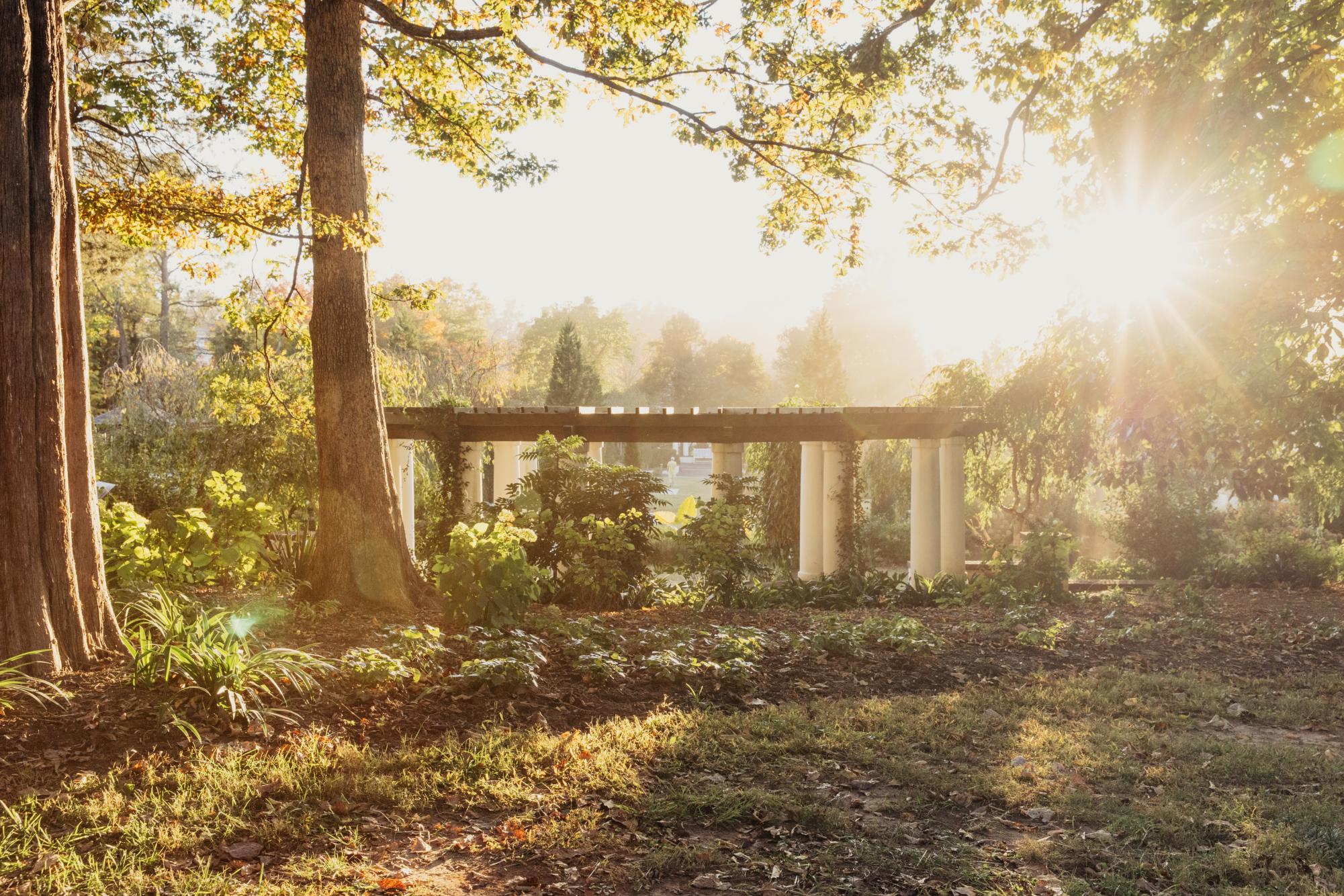
During the 2020-21 school year, the United States Department of Education reported that 43 schools in Forsyth County had school-wide Title I programs, meaning they receive supplemental financial assistance due to a high percentage of students from low-income families. Whether it is the location of their home or the constraints of their parents’ work, many of these students do not have the opportunity to spend time outside in nature.
As a teacher and administrator in Forsyth County public schools for eight years, Bass is painfully aware of the lack of funds for student field trips. These trips are missed opportunities for students to have profound experiences interacting with nature. It took Bass leaving the school system to change that.
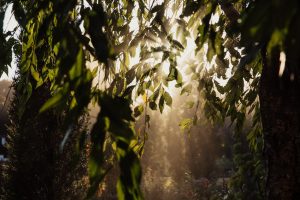
Bass’s mission, supported by the director of Reynolda Gardens, Jon Roethlin, its dedicated horticulturalists, and the many community members who volunteer in the gardens and trails, is to bring children outside.
“For a lot of these kids, the happiest place they ever go is school,” said Bass. “To spend a day out here really is a gift.”
The Reynolda House and Gardens offers free field trips to the schools they serve. Bass knows the state public school learning standards as well as the student population of Forsyth County. She understands how difficult it is to run field trips because of the cost barrier and has alleviated this burden. She levels her years of past experience in education, providing the context and compassion required to bridge the gap between Reynolda leadership and the school district in order to make this program as impactful and rewarding as possible for students. Reynolda is “truly a new destination for them.”
Bass offers a green space to children in the Forsyth community who do not have access to one. Her hope is that, once kids go to Reynolda and they see the meadow, woods, and wetlands, they will know that this public space is there for them — for free — every single day. She hopes that eventually, they will bring their parents and siblings.
Bass builds the curriculum for her field trips by walking around the trails with a printed-out copy of state science standards in her hands, checking things off and deciding which of the trail’s natural features future students could benefit from. Her eyes light up when she talks about the magic of a “living classroom.”
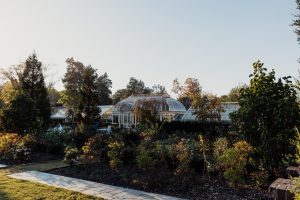
The programs are centered around both students and nature with an emphasis on hands-on experiences. She teaches her students about sound-mapping, inviting them to simply exist — in silence — with the plants, bugs, and wildlife around them. Students mark where they hear sounds. This type of experiential learning allows students to relate classroom lessons to real-world situations, expanding their vocabulary, strengthening critical thinking skills, and exposing them to new career possibilities.
“The county has a high rate of kids struggling with literacy concepts and this exercise ties in literacy language arts standards,” said Bass.
Other activities prompt students to go through four different stations depending on their grade level. They track “signs of the beaver,” conduct soil experiments, identify plants, and learn about planting patterns in the children’s garden. Bass prioritizes “inquiry and interactive learning.” As a teacher, she knows how much time kids spend sitting at their desks. The 90 minutes they get in Reynolda allows for a different kind of education, one they can take with them and share with their loved ones.
Bass doesn’t have to reach out to schools — her field trips have a waitlist. On average, 150 students come to Reynolda every year during the warmer months.
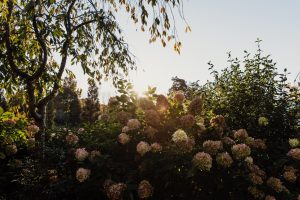
Bass is a champion for the children of the Forsyth County community, and she has big plans for the future of her program. One of her dreams is to gain the funding required to offer stream experiences for children from Title I schools, complete with water gear and boots. She envisions children from schools across Winston-Salem immersed in a natural playground — the streams and trails of Reynolda. It’s a different play space than the mulched playgrounds they see every day. She already has the support from Wake Forest biology professors, her own team at Reynolda, and a wonderful group of committed volunteers.
Most importantly, Bass has a passion for change.

